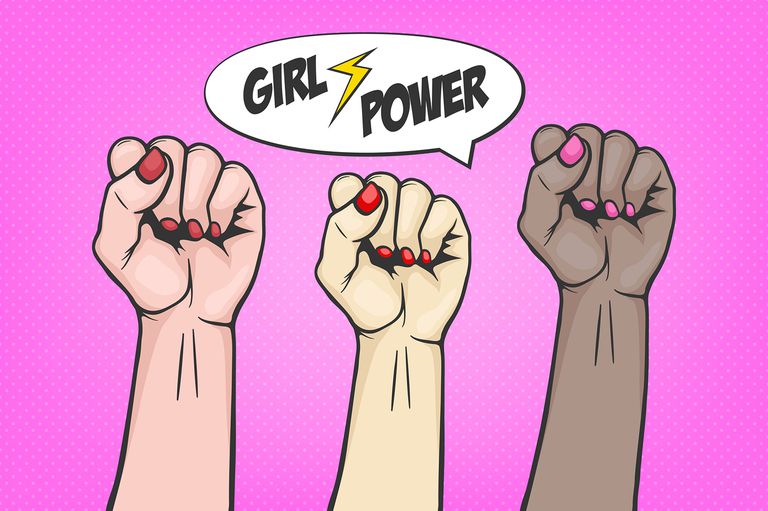Demystifying the concept of feminism in Nigeria (1): The cultural perspective

By Chinagorom Ugwu
Etymologically, the term Feminism was derived from two words: “Femin”— which comes from the Latin root word “femina,” meaning woman and “-ism” a suffix derived from the Greek “ισμός” or “ismós” that turns the preceding noun into a verb, implying a belief, practice or worldview.
The first recorded use of the word in English was 1851, but at that time, the term simply meant “the state of being feminine.” Then, in 1837, French philosopher and utopian socialist Charles Fourier coined the word “féminisme” to mean advocacy of women’s rights. However, the term assumed a different meaning between late 1980’s and early 1990’s when women began to focus and struggle for equality with men, economically, politically and beyond.
In Nigeria today, many women are speedily accepting the philosophy of Feminism and selling the idea and campaign of women liberation and equality with men in our society. Most of them also erroneously argue that African especially Nigeria has not embraced Feminism because she is deeply rooted in patriarchy and misogyny. All forms of Feminism acknowledge that the patriarchy is to be blamed for the oppression of women.
Some have tried to force the acceptance of the feminism in our African society by arguing that even men can be feminists. Their argument is based on the claim that feminism is in favor of equality between genders, not dominance of women over men. The question, however, they have not answered is why the movement has not changed the name feminism to equalism.
We must understand that people can NEVER be equal in all ramifications and in all situations. For instance, in journalism, the concept of prominence, as a news value grades personality. In order words, the views of two persons cannot receive the same attention. Does this connote equality? Certainly not! The existence of inequality goes beyond gender in a society. There is no equality in a gathering of men or women. One must be in higher position, authority than others. For instance, in the era of military regimes, there were situations where some generals would gather together and plan a coup, and overthrew a government and take over the reigns of government. Now, among these generals, only one person can emerge as head of state. They would appoint someone to become Head of State, another chief of army staff and so on. But the fact is that the chief of army staff is not inferior to the head of state, but they are not equal in authority. But in the issue of authority, one must have more authority than the rest otherwise there will be anarchy and the government will lose its cohesion. So, everybody cannot have equal authority pulling from different ends. There will be chaos. If God had given equal authority to everybody, where the woman would issue instructions and man would do his own, there will be anarchy and confusion.
Furthermore, feminists must understand that women have rights and can hold authority, contrary to their claims, but not in all places or situations. Their rights cannot be equal to men and their authorities cannot be equal and /or exercised over men. There are limits to the extent to which women can have or exercise authority in our Society. For this reason, there is need to exhaust this discussion objectively based on three perspectives or standpoints. Which include Cultural, Religious, and legal perspectives.
Cultural Perspective
The African culture and Nigerian Culture placed Women under Men. In Nigeria Culture, men propose to and marry women to their houses or fathers’ houses, not otherwise. So, African culture does not permit a woman to marry a man to their father’s house. Many theologians speculate that it may have originated from the beginning of creation of man.
In olden days, Nigerian women accepted this position and role that men are the heads of families. So, culturally, Men have and exercise authority over women, but women were never inferior. This is why women do not give out their daughters’ hands in marriage alone. A man must do that. The reason is because our culture put men in authority in their families. This does not mean that men should oppress women. It is not cultural for men to oppress, attack, inflict pains on women. But women too have rights, but these rights are not equal to men’s rights. So, when women insist they are equal with men, they are contracting this culture.
At the family level, somebody must take the lead and culture has given men this lead. Even practically, we often say that there cannot be two captains in one ship. And even women who talk about feminism, are happy to accept the man as the head of the family. It is a contradiction for women to talk about equality and at the same time they are accepting the men as the heads of their families.




